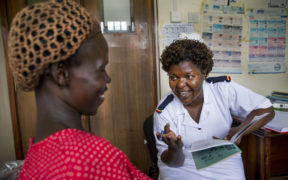Author:
Tamar Abrams
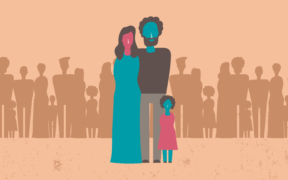
What constitutes a “perfect” family planning program? And what would it take to make a perfect program a reality? The answer, Tamar Abrams writes, is complicated.
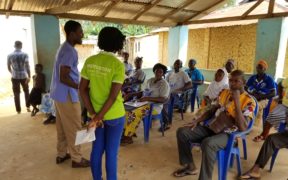
Ghanaian nonprofit Hen Mpoano implements and supports coastal and marine ecosystems governance projects and best practices. Tamar Abrams talks with Hen Mpoano's deputy director about a recent project that took a Population, Health, and Environment (PHE) approach, integrating the health of both the environment and those who live there.
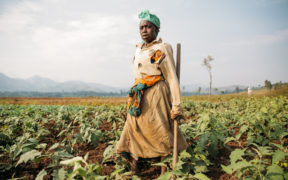
COVID-19 has upended our lives and, possibly more significantly, many of our assumptions about its impact on the world. Experts in family planning are deeply concerned that interruptions in the contraceptive supply chain may result in a spike in unplanned births over the next six to nine months. And, if that proves to be true, what will be the impact on the environment?
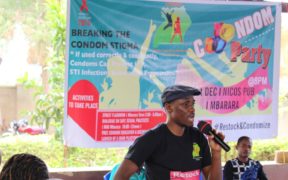
In October 2018, more than 100 organizations signed on to the Global Consensus on Meaningful Adolescent and Youth Engagement (MAYE). The question remains: what has been the impact of MAYE? We asked a few young leaders in the family planning movement to share their views.
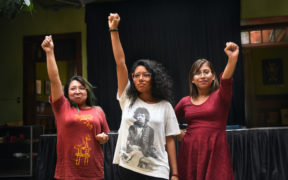
While quality of care and client-centered approach to care are not new words in the family planning lexicon, they are being used more regularly post-ECHO. Equally important is ensuring that the words "rights-based" are more than aspirational.



